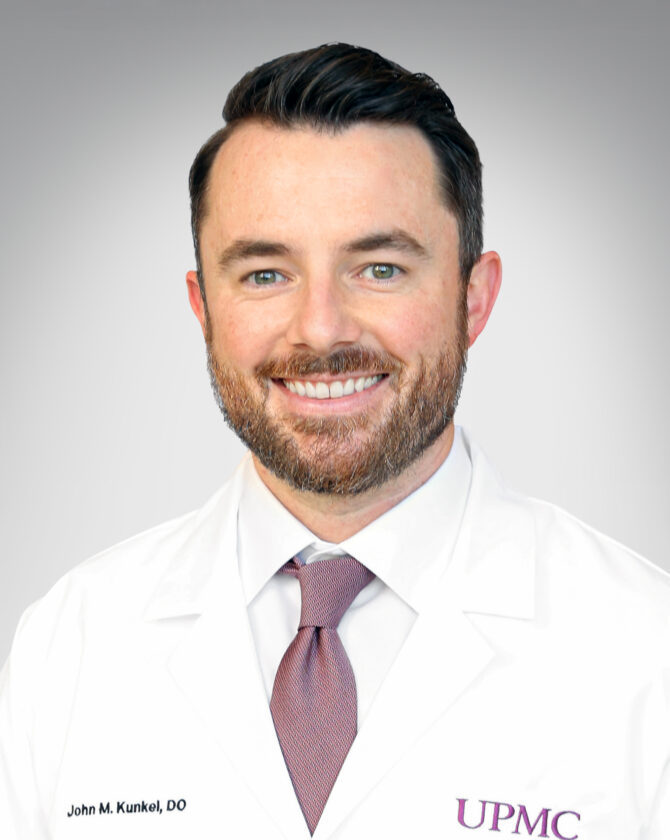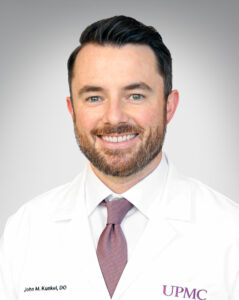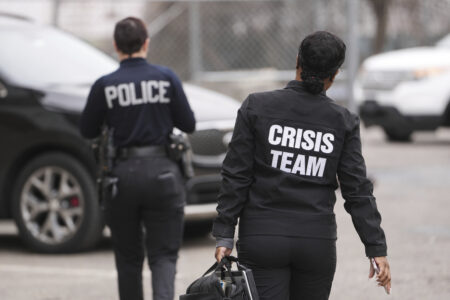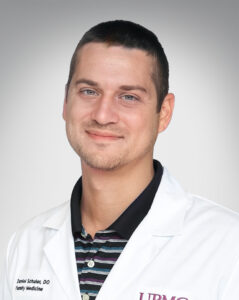UPMC Sports Medicine doctor: Protecting your hands

Whether you’re catching pitches behind home plate, swinging a bat, or grabbing passes on the football field, your hands are doing important work.
Unfortunately, the hands, fingers, and thumbs are some of the most commonly injured parts of the body across all ages.
Catchers and Hand Injuries: A Common Pairing
In baseball and softball, catchers are particularly vulnerable to injuries of the thumb and hand. One of the most common is a condition often called “catcher’s thumb,” which happens when the thumb gets forcefully pushed backward from repeated impact with the ball or jammed from a pitch or foul tip.
This term actually includes a variety of different anatomical injuries to different tendons and ligaments in the thumb. Most can be managed without any surgery, but — if left untreated — it can lead to chronic pain, instability, or difficulty gripping a bat or glove.
Given the evolutionary importance of our thumbs, these injuries need to be taken seriously.
Other Hand/Finger Injuries
Other common injuries in sports include jammed fingers, dislocated fingers, sprains, and fractures from catching footballs, blocking/tackling, hard slides or getting hit by pitches in baseball/softball.
Coaches and parents should watch for signs like misalignment of fingers, swelling, bruising, or difficulty moving the hand or fingers after a game or practice. When in doubt, it’s always best to have an injury evaluated.
Protecting Your Hands
Our hands are essential for almost every part of daily life. Injury risk reduction is the best way to keep your hands safe. For athletes, wearing properly fitted gloves and learning proper catching techniques can reduce the risk of injury. Catchers may benefit from added padding or thumb guards inside their gloves to help absorb the impact of repeated pitches.
However, there is no way to reduce your risk to zero. If you do suffer a hand injury, see an orthopaedic specialist.
Sports medicine specialists get you back to your sport as quickly and safely as possible. Sometimes a short course of non-operative treatment will get you back to your sport and performing at a high level more quickly than trying to wait it out or attempting to play through the injury.
Your hands are a huge part of your success on the field, but they have much more work to do, off the field, for the rest of your life — let’s treat them well.
John Kunkel, D.O., is a sports medicine orthopaedic surgeon with UPMC Orthopaedic Care. He sees patients at UPMC Orthopaedic Care, 1705 Warren Ave., Suite 101, Williamsport, 570-321-2020, and UPMC Wellsboro Office of Orthopaedics, 9 Water St., Wellsboro, 570-724-2325. For more information, visit UPMC.com/OrthoNCPA.






